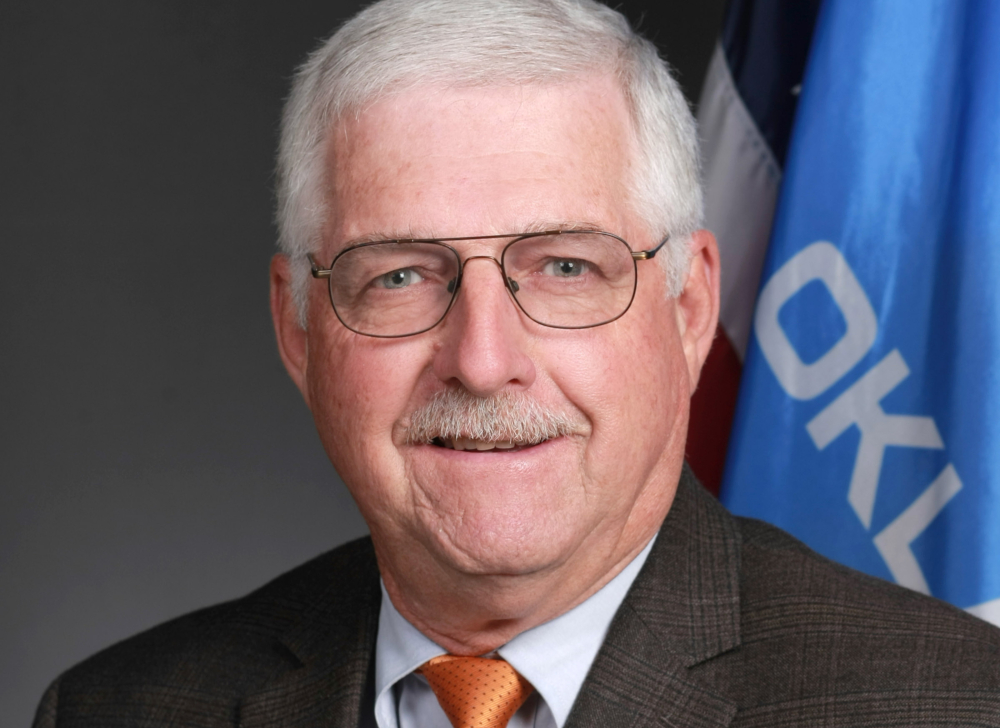A hemp task force being formed in Oklahoma would address only fiber- and seed-based products, likely leaving oversight of flower-based CBD and other cannabinoids to the state’s medical marijuana regulators.
Oklahoma’s Senate Agriculture Committee recently approved the creation of the task force, whose mission is to set a blueprint for development of the state’s hemp industry.
The group would be tasked with recommending a specific definition for hemp, consulting on laws and regulations for production, and assessing the need for outreach and assistance to farmers, agricultural cooperatives, farm organizations, tribal governments, and other entities.
Excludes cannabinoids
However, the task force would not consult on the production of hemp flowers for such products as CBD, which require separate licenses, according to Sen. Roland Pederson, who sponsored the bill.
“One of the main things we need to do, I think, is distinguish between industrial hemp and medical marijuana,” Pederson said.
The Oklahoma Medical Marijuana Authority (OMMA) said in November that it plans to ask state lawmakers for the power to regulate products derived from hemp flowers. OMMA said it does not necessarily intend to make CBD or intoxicating hemp-derived products illegal but wants to set rules and impose age restrictions.
Addressing intoxicants
OMMA said it was spurred to act based on complaints from Oklahoma consumers regarding the wide availability of CBD – which the U.S. Food & Drug Administration (FDA) has declared illegal – as well as synthetic, intoxicating hemp products that are made from CBD, such as delta-8 THC, HHC, THC-P and THC-O.
Hemp-based intoxicants are not addressed in the Oklahoma Industrial Hemp Program, although the rules do cover naturally occurring delta-9 THC, which is limited to 0.3% in hemp plants on the field.
Adria Berry, OMMA’s executive director, said late last year that some intoxicating hemp products reviewed by her agency show higher THC levels than even some legal medical marijuana products.
FDA has consistently issued alerts regarding intoxicating hemp products, and warned that adding CBD to a food means those products are adulterated. But the agency has delayed setting rules for CBD and other products or additives that come from hemp flowers.
Supply chain development
Pederson helped conduct an interim study on hemp’s status in Oklahoma last year and recommended creating a task force to develop supply chains, address legislative barriers and coordinate state and federal rules.
“I think we could produce (hemp) as good as anybody in the nation as far as climate and everything goes,” Pederson said.
Ten lawmakers on the Senate committee voted for the bill to establish the task force, and one abstained.
State lawmakers and agencies would appoint members to the new body, which is to include appointees from the Oklahoma State University College of Agriculture and the University of Oklahoma College of Architecture.
The task force would be given a deadline to produce a report by the end of 2026, and then will disband, according to provisions in a draft law that would create the body.
Hemp farming collapse
Oklahoma, which operates a state hemp program, legalized the crop in 2019, shortly after the 2018 Farm Bill made it federally legal.
According to the U.S. Department of Agriculture, Oklahoma farmers put in as much as 2,000 acres of hemp in 2021 but only harvested 275, as a massive oversupply that started in 2020 severely hammered demand. No hemp fields were reported in Oklahoma in 2022 and state figures for 2023 have yet to be reported.

